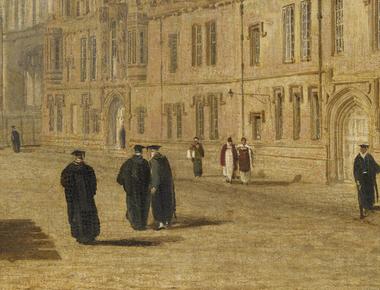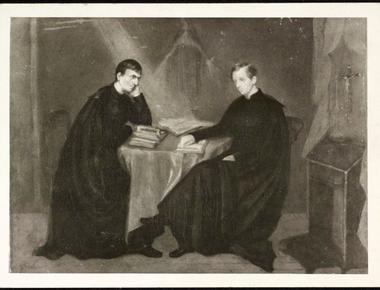
Over the years, John Henry Newman’s famous book on the nature of a university, referred to simply as Idea, has invited observations from many writers, as indeed it did even during his lifetime. This essay identifies and locates in it those well-phrased remarks he makes, some of which having acquired wide familiarity.








